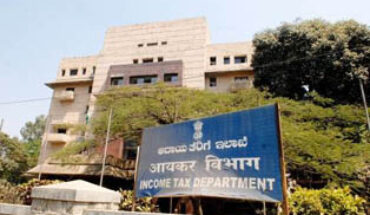New Delhi : India, the world’s fourth-largest renewable energy market, is facing significant challenges in scaling up its renewable energy (RE) capacities, according to a new report from the International Solar Alliance (ISA).
While India has made remarkable strides in solar power, hurdles such as higher taxes, land acquisition issues, and regulatory uncertainties are slowing the pace of growth.
One of the key obstacles is the rise in the Goods and Services Tax (GST) on essential solar components. As of October 2021, the Indian government raised the GST on solar cells and modules from 5 per cent to 12 per cent.
This increase has elevated overall project taxes from 8-9 per cent to 12-13 per cent. Moreover, a 40 per cent customs duty on imported solar modules, effective from April 2022, threatens to push the tax burden on projects up to 30 per cent, significantly raising costs for developers.
Land acquisition is another pressing issue. The report highlights that India’s small average landholding size—just 1.16 hectares—makes it challenging to acquire large tracts of land for solar projects. This complicates negotiations, as multiple stakeholders must be involved, slowing project execution.
Regulatory inconsistency is also a barrier. The ISA report points out that varying net metering policies across states and a lack of support from local power distributors have led developers to move away from the rooftop solar market.
Financing remains a challenge, with higher interest rates and longer approval processes for rooftop solar loans, making them less attractive despite their superior financial returns.
Despite these challenges, the report commended India’s role in driving down solar energy auction prices.
In the first half of 2024, India achieved a record low auction price of USD 34 per megawatt hour (MWh), reflecting a 23 per cent decrease, contributing to a global reduction in solar prices.
India, along with Germany, has become a leader in the global renewable energy market, accounting for over half of the awarded capacity in 2024.
With renewable energy auctions surging globally, India’s role in shaping the future of solar power remains pivotal, though addressing these barriers is crucial to maintaining momentum.






